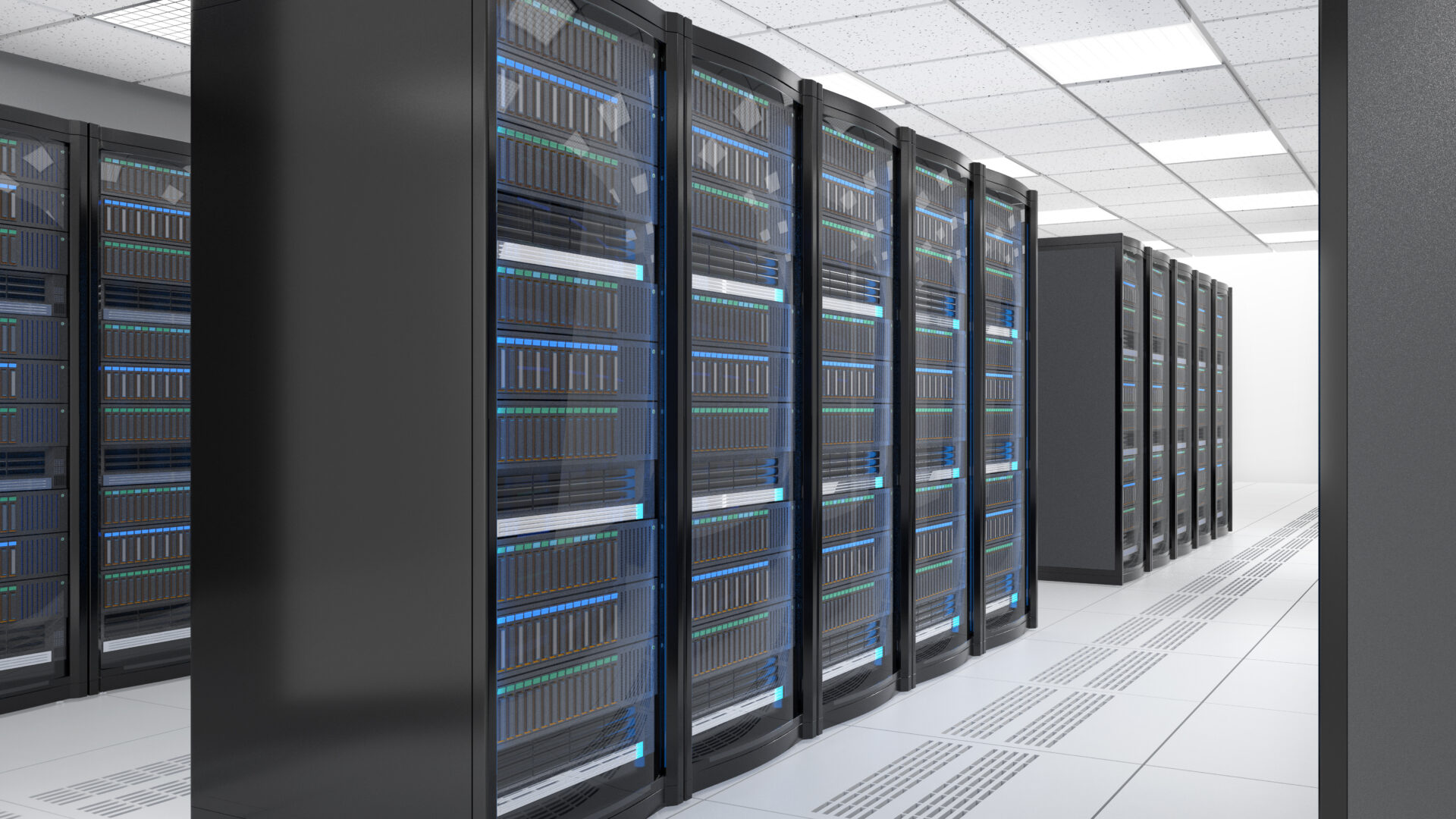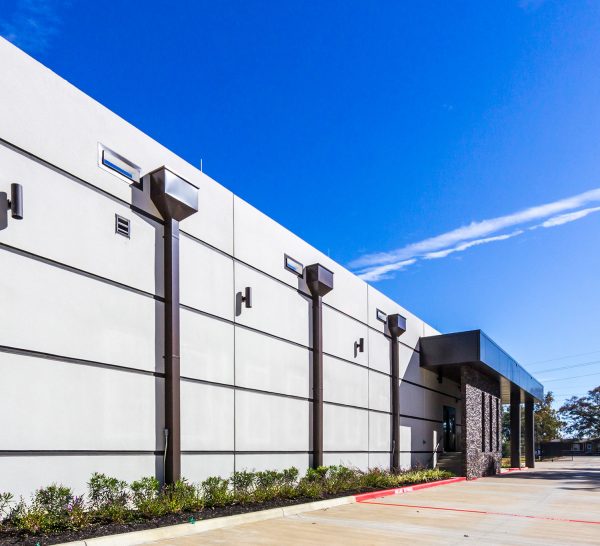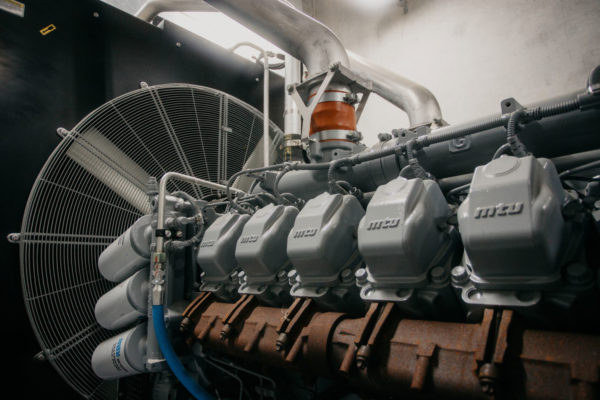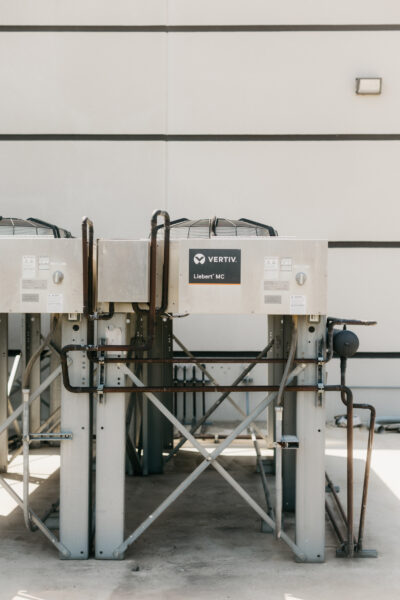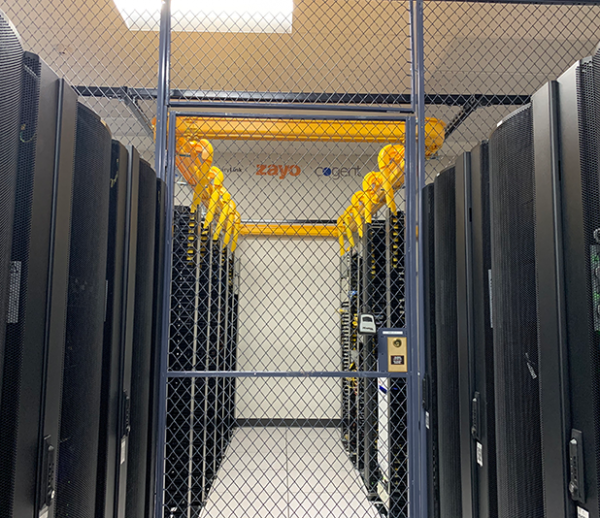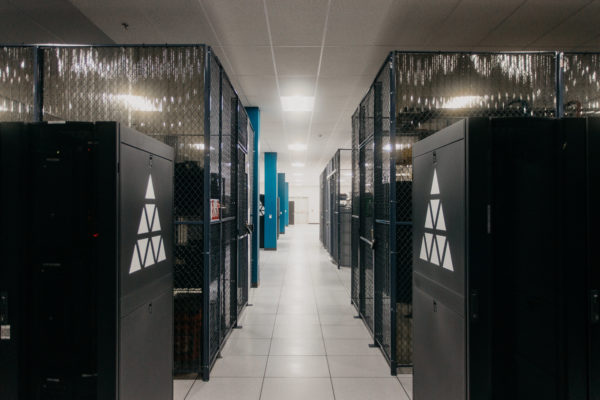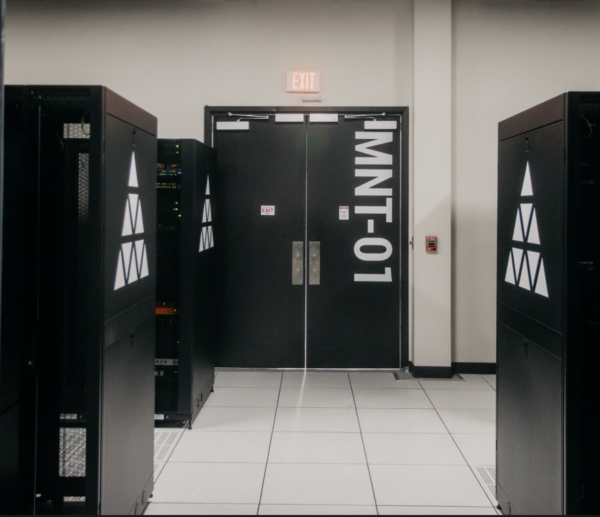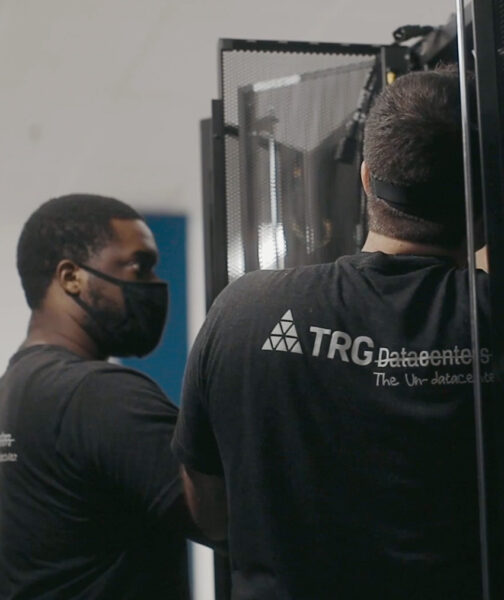The old saying “If it ain’t broke, don’t fix it” simply doesn’t apply to data center infrastructure.
In the rapidly evolving tech sector, you can’t wait for your operations to hit a snag to explore new ways of doing things.
Instead, you must take a proactive approach to change management that maximizes adaptability and nimbleness, which is the premise of modular data centers (MDCs).
The modular data center isn’t reinventing the wheel, but it is realigning it. By taking a modular approach to data center design, you can tap into scalable resources and embrace technologies like artificial intelligence.
Modular data centers are more than just hype. Here’s why.
What Are Modular Data Centers?
Modular data centers use a flexible approach to software and hardware implementation. Instead of designing a data center as a complete, inseparable entity, the modular method builds separate pieces of infrastructure and then combines them to create a complete facility.
Generally, modular data centers are stored in prefabricated boxes or shipping containers, depending on their size. Thanks to the modular approach, facility managers can make changes or upgrades to the equipment without disrupting the entire infrastructure. Let’s consider a simple analogy.
Traditional data centers can be likened to a model house that’s glued together during assembly. Is it possible to make modifications to the house after you finish construction?
Sure, but doing so would be impracticably tedious and time-consuming. That’s because the house was built with a fixed capacity.
By contrast, modular solutions are more like a child’s building block set. If you construct a house out of the blocks and want to add to it, all you must do is stack on more blocks. Although you might be forced to move some modules around, most of the site would be unaffected.
Benefits of Modular Data Centers
Modular data center solutions have numerous advantages over their traditional counterparts. By going the modular route, you’ll enjoy the following benefits.
Scalability
As your business grows, so too can your data center. You can add modular units, remove them, or reconfigure your facility to meet changing demands. Since your facility will be built in phases, you can also push out equipment upgrades similarly.
For instance, when your earliest modules end their service life, you can swap them out without disrupting the entire network. This approach allows you to spread out your hardware and software costs.
Cost-Efficiency
Speaking of costs, modular data centers are a lot easier on the wallet. You can build a module for a fraction of the cost of creating an entire data center from scratch.
The prefabricated nature of these units can reduce your construction and design costs exponentially.
Speed of Deployment
When you need to build out your data infrastructure in a hurry, MDCs offer the ideal solution. You can deploy new modules fast, ensuring that you’ve got the hardware and bandwidth necessary to meet your company’s changing needs.
Energy Efficiency
Modular data centers are also designed to be more energy-efficient. Many boast sophisticated cooling systems and other features that allow them to consume less power without hindering their performance.
This translates to further cost savings and a smaller environmental footprint.
Flexibility
MDCs are also portable, enabling you to relocate as necessary. If your business hasn’t found its permanent home, or you want to move your data center operations closer to your end-users to reduce latency, you can do so.
The Future of Modular Data Centers
Whereas most industries resist change, the tech sector is known for embracing it.
Modular data centers have benefited greatly from this tradition of running headlong into change, and the future of MDCs is incredibly bright for several related reasons.
They Can Advance Multiple Cases
Modular data centers aren’t just a passing trend. They represent the future of data storage and management. They’re especially beneficial in advancing multiple cases, such as rapid deployment in disaster recovery scenarios or temporary events. They can also be used in remote locations where traditional data centers are impractical.
Several visionary organizations are already reimagining data center location and deployment strategies. For instance, Microsoft built an underwater data center to deliver services to a rural community. The company is already in phase two of the project, which it dubbed “Natick.”
Other organizations are exploring opportunities to send data centers into space. While this particular use case is still in its early stages, it’s an exciting proposition.
They Can Manage Production Risk
One of the most significant advantages of modular data centers is their ability to manage production risk.
Since these units are prefabricated and tested before deployment, the risks associated with on-site construction and installation are greatly reduced. This pre-testing ensures that your data center is fully functional from day one, providing a reliable solution for your business.
With so much time and money tied up in data center infrastructure, you can’t afford to risk any surprises. While MDCs don’t completely eliminate the possibility of an issue, they mitigate many dangers.
Moreover, they’re more affordable, giving you the fiscal flexibility to overcome any hurdles that may emerge. When business continuity is at stake, MDCs offer better peace of mind.
They Can Create Extendable Designs
Modular data centers offer far more flexibility and scalability than traditional infrastructure.
This has become more important than ever amidst the AI demands, which are placing unprecedented strain on available resources.
These units can easily be extended, reduced, or modified without the extensive downtime associated with traditional data center renovations. This extendable nature makes them a perfect fit for today’s businesses, which face ever-shifting demands.
By adopting modular data centers, you’ll be better equipped to adapt to new technology trends as they emerge. AI is going to change the technology industry as we know it.
Moreover, it will likely kick off a series of major evolutions leading to increasing demand for data center resources.
The traditional data center simply can’t keep up with this rate of change. Modular data centers can.
Get Advice on Modular Data Centers
Transitioning from a traditional data center to a modular one can be a wise move for your business.
However, revamping your entire IT infrastructure is never a cut-and-dry affair. That’s why it’s important to consult data center experts before making a final decision.
If you have questions about modular data centers, contact us today to tell us about your data center needs. We’ll provide detailed insights so you can determine the best path forward for your organization.
Looking for colocation?
For an unparalleled colocation experience, trust our expert team with three generations of experience
